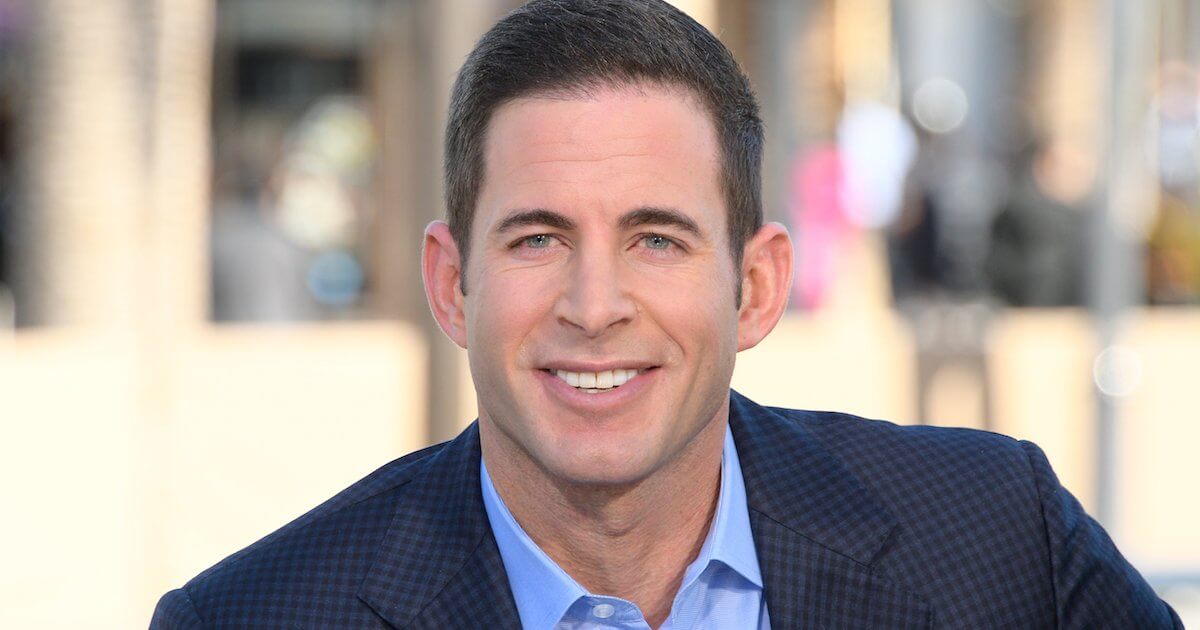Lessons Learned
- Flip or Flop’s Tarek El Mousa, a two-time cancer survivor, is encouraging men to do self-checks in order to prevent a possible testicular cancer diagnosis.
- Testicular cancer is considered a rare cancer, but is most commonly found in men between the ages of 18 and 35.
- The disease is very treatable if caught at an earlier stage.
El Moussa was diagnosed with testicular cancer in 2013 the same year he was also diagnosed with thyroid cancer. While his thyroid diagnosis was more public due to a Flip or Flop viewer, who was also a nurse, noticing a lump on El Moussa’s neck, the reality star kept his testicular cancer battle private. Now, he’s shedding new light on the reality so many men face when dealing with health issues such as testicular and prostate cancer. As a part of Movember (an annual event where men grow mustaches to raise awareness over men’s health issues), El Moussa is encouraging all men to be proactive about their health.
Read MoreEl Moussa also addresses one major problem preventing men from doing self-checks not having the information. Without knowing what to look for, many men may not be able to recognize when something is not right. That’s why raising awareness is so important.
“With testicular cancer, it's literally a 3 to 5-second self-check in the shower can save your life,” El Moussa says. “…We're raised to keep things in and be quiet and be strong, and a lot of times that's what we do . . . I haven't talked to many other men about this, but I never had anyone tell me to check myself, and even they did tell me to check myself, what am I checking for? I don't even know what to look for.”
Decision to Speak Out & Lessons Learned
El Moussa decided to publicly share his testicular cancer battle after his step-father was diagnosed with the disease in 2017. The HGTV star said he initially felt embarrassed and ashamed of the diagnosis, which is a common reaction among many men. However, now a two-time cancer survivor, El Moussa has learned valuable lessons about how important taking control of your health is in order to make new memories with his family.
Related: If You Feel Something, Say Something Men Ignore Symptoms Too Often
“I've never eaten so clean, I've never taken so many vitamins, I've never gotten so much exercise,” El Moussa says. “So I'm just taking care of my health. I want to live. I want to live for my kids. I want to live for my grandkids. You only get one life. You only have one body.”
Testicular cancer survivor Tripp Hornick talks shame surrounding testicular cancer
Navigating Testicular Cancer & Life Afterwards
Testicular cancer is an overall rare disease, but is most commonly found in men between the ages of 18 and 35. Depending on the stage, the disease is considered extremely treatable. However, treatment may seem scary to some men, since the first line of treatment is typically surgery to remove the testicle which contains cancer cells. Other options include chemotherapy and radiation, and it’s very likely that men will see great outcomes.
Related: Becoming a Father After Cancer Todd Rosenbluth's Story
Plus, losing a testicle during treatment does not have significant impact on fertility. So, rest assured your future in love and relationships is far from over. Testicular cancer survivor Tripp Hornick is living proof of that. After beating cancer, Hornick took some time to heal, and gained a whole new perspective on what he wants in a partner.
“You're looking for someone who will be your best friend. If anyone is going to be looking down upon you because [of testicular cancer], you shouldn't be in that relationship anyway,” Tripp tells SurvivorNet. “Once I did start dating again, I hopped in with full force and had a wonderful time as a regular young guy.”
Testicular cancer survivor Tripp Hornick says love is possible after treatment
Learn more about SurvivorNet's rigorous medical review process.


